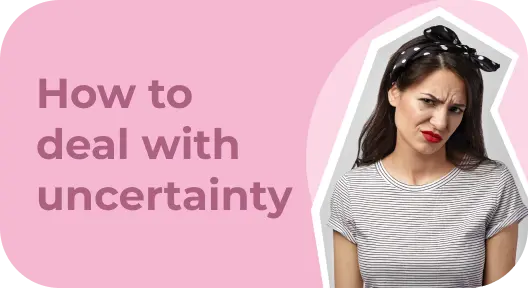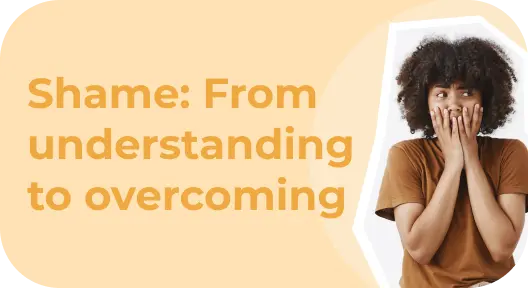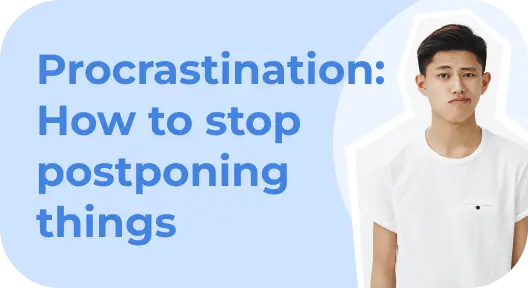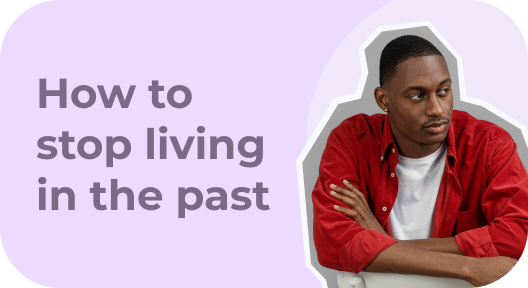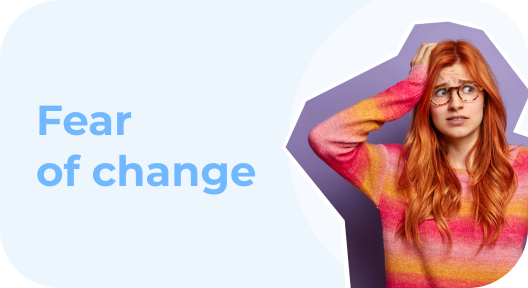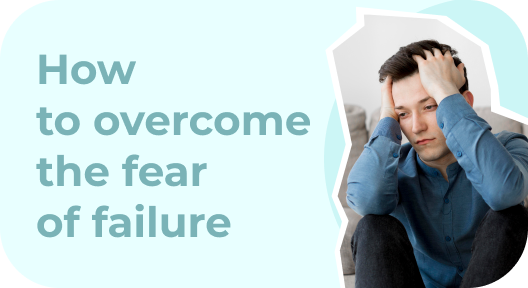I have a lot of things from my past I still have problems progressing, so I wanted to tell my story with you here. Of course I experienced a lot of good events in my life so far but I will be mainly focusing on the negative ones because these are the ones that make life difficult for me sometimes because there are some bad experiences I have made that I have problems with. Anyways, let's get started!
I grew up with my parents though I don't have any siblings. My parents were pretty good parents, I'm not gonna say that they were bad like who knows why they acted the way they did in some difficult situations and who knows how hard parenting really is because I'm only 17 and I don't have any kids yet even if I could've been pregnant once (against my will) but I'm lucky about not having kids because for me personally it would be way too early to have kids at 17. I don't want to offend anyone having a different opinion for themselves but I just don't feel ready to be a mom, also I'm single ;). Back to my parents, I spent most of the time with my mom because my dad was working in a jail and he had night shift quite often or he came back from work in the evening, so I didn't have much time to spend with him which I still regret a few years later because I feel like I really would have needed the time with him. Now that he is retired I kinda have a need to catch up on all the time I have missed with him. My mom was okay as a mom, let's be honest. I see she tried her best but she was unsure and overwhelmed with me so often. She was a pretty strict mom and she always warned me to do what she said. She was and still is a perfectionist which I inherited from her in some way but I made myself clear that perfection does not exist in this world. Nothing and no one is perfect. She got better somehow right now but she was an extremely perfectionist person when I was younger. She wanted me to do everything perfectly since day one. Of course I couldn't so she was never satisfied with me and she rarely told me I did something well. Then there was her insecurity which made her unsure about how to act, for example when I didn't want to listen to her she just yelled at me and one time she even hit me. Not hard but it still broke a piece of my heart because she always was the person I trusted, she was the first person I saw after being born and now she did this, I couldn't understand anything at that moment.
When I was 3 years old my parents decided to bring me to kindergarten. They had some kindergartens for choice and they chose one near where we live so they didn't have to drive a long time till there. I'm not gonna blame my parents for the bad experiences I have had there at all. They couldn't know that it would be so bad there. I wasn't a good eater as a kid and I nearly never had an appetite, I was underweight. I can understand that everyone, my parents, as well as the kindergarten teachers were worried about me but the way they treated me was just unacceptable. They forced me to eat even if I wasn't hungry and if I didn't eat they put the whole food in my mouth and choked me while eating so I threw up nearly every single time. This time for me was terrible. I remember all the kids around me telling the teachers to stop doing that to me but they just kept doing their thing. I was so shocked and maybe traumatized about what they did to me every day that I felt kind of paralyzed in my mind if you know what I mean. I mean I was unable to talk about what was happening to me till I was 7. That day my dad was really angry about this. I was his only child and he was and still is fighting for me like a lion or something. Back then he also protected me so much because he felt like he owed me something because of the lack of time we spent together. I remember him calling the kindergarten telling them I wouldn't ever come back there. I still feel how relieved I was about this. (Btw if you're wondering why I was still in kindergarten at 7, I was there for learning and stuff after school till my mom picked me up).
My elementary school wasn't bad at all. I got to know a lot of friends and had fun going to school. When I was in 4th grade, a student of the 3rd grade started harassing me. He often had more boys around him so I was pretty shy around them (I was and still am shy at all but this was just another situation). He was treating me like his slave. He wanted me to do everything he wanted. One day he tried to pull down my skirt and kicked me between my legs. After that he kept harassing me. The teachers called his parents twice but nothing changed. Anytime I went to some of my classmates and they protected me from him.
Later I went to secondary school. In 5th grade I got bullied by two of my classmates who were jealous of me. They offended me, stole my things… I talked to the teachers and to my parents a lot about this but no one took it really seriously. One day they grabbed me and told me they wanted to see my corpse and pushed me in front of a truck. I didn't get injured but this was the moment where everyone realized that it was serious. I remember how I went home from school that day and told my dad about what happened. He immediately called my class teacher and told him about it. My teacher was crying on the telephone. One of the students got expelled from school and the other one is actually one of my friends right now. The following years were pretty nice til I graduated. I didn't have any problems with others. Maybe 2 weeks after I graduated, an ex classmate of mine texted me that he likes me and that he would like to meet me. I was really happy and surprised about this because I liked him too. The next week we met in a shopping center. I thought that it would get really nice to finally be outside with someone I really like and who really likes me. But it didn't get nice at all. He dragged me into the stairway of the parking garage of the center and sexually assaulted me there. Since that experience I'm afraid of boys and men. When I went back home I told my parents a bit of what happened. I couldn't tell everything because I got the same feeling I had in kindergarten so I was too shocked to talk about everything. My dad told me to sue him a thousand times but I didn't want to let other people like the police know of that situation because it felt really embarrassing for me. Also I felt like everything was my fault, I should have known it all so I didn't sue him. I'm still one hundred percent satisfied with this decision. I think that was all of my bad experiences I have had so far. Of course there may be a lot of small experiences I don't remember right now but the ones that I have mentioned are the most influential ones for my life. But what have I got from them now?
- Through the fact that my dad was working a lot when I was a little kid, I have a really close relationship to him
- Through the kindergarten thing I don't trust people fast and I'm actually scared of them when I don't know them well. Also I got insecure about my eating habits (even if I'm normal weight now)
- Because my mom rarely complimented me / told me that I was doing things well & through the bullying thing, I got insecure about myself and got depression and anxiety
- Through the experience with the boy who assaulted me, I got a fear of boys and men
What other problems do I have?
As I already mentioned, I am suffering from depression, anxiety and insecurity. Additionally I got diagnosed with autism last year. I don't think that autism makes me unsure about how people feel. I feel like I am more empathetic through that. I immediately see how people are feeling, they don't even have to tell me and my experiences make me able to give them some advice in many cases. Also I overthink quite often.
That was my story :)

